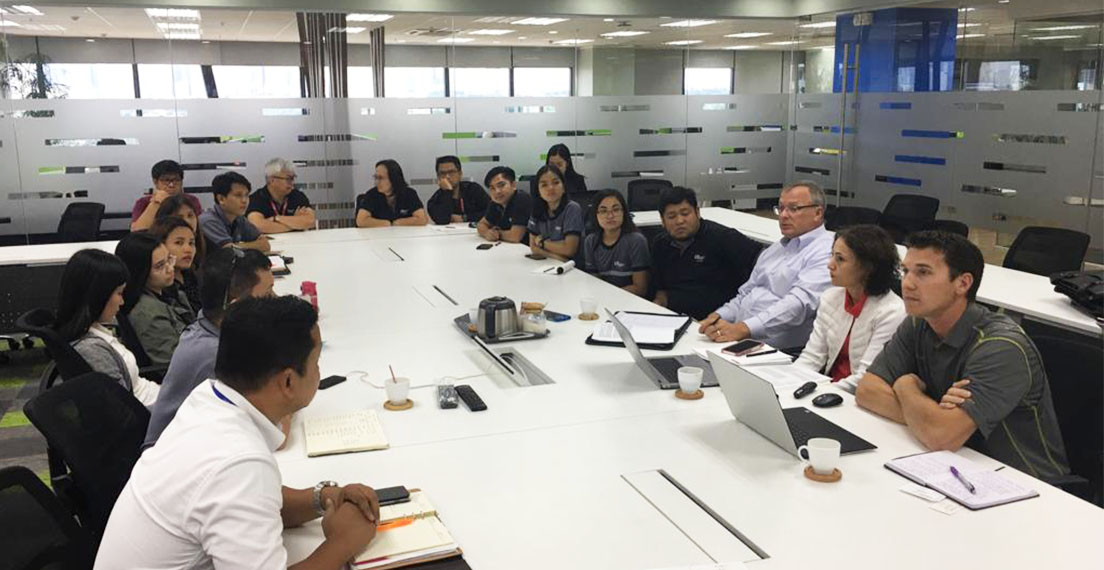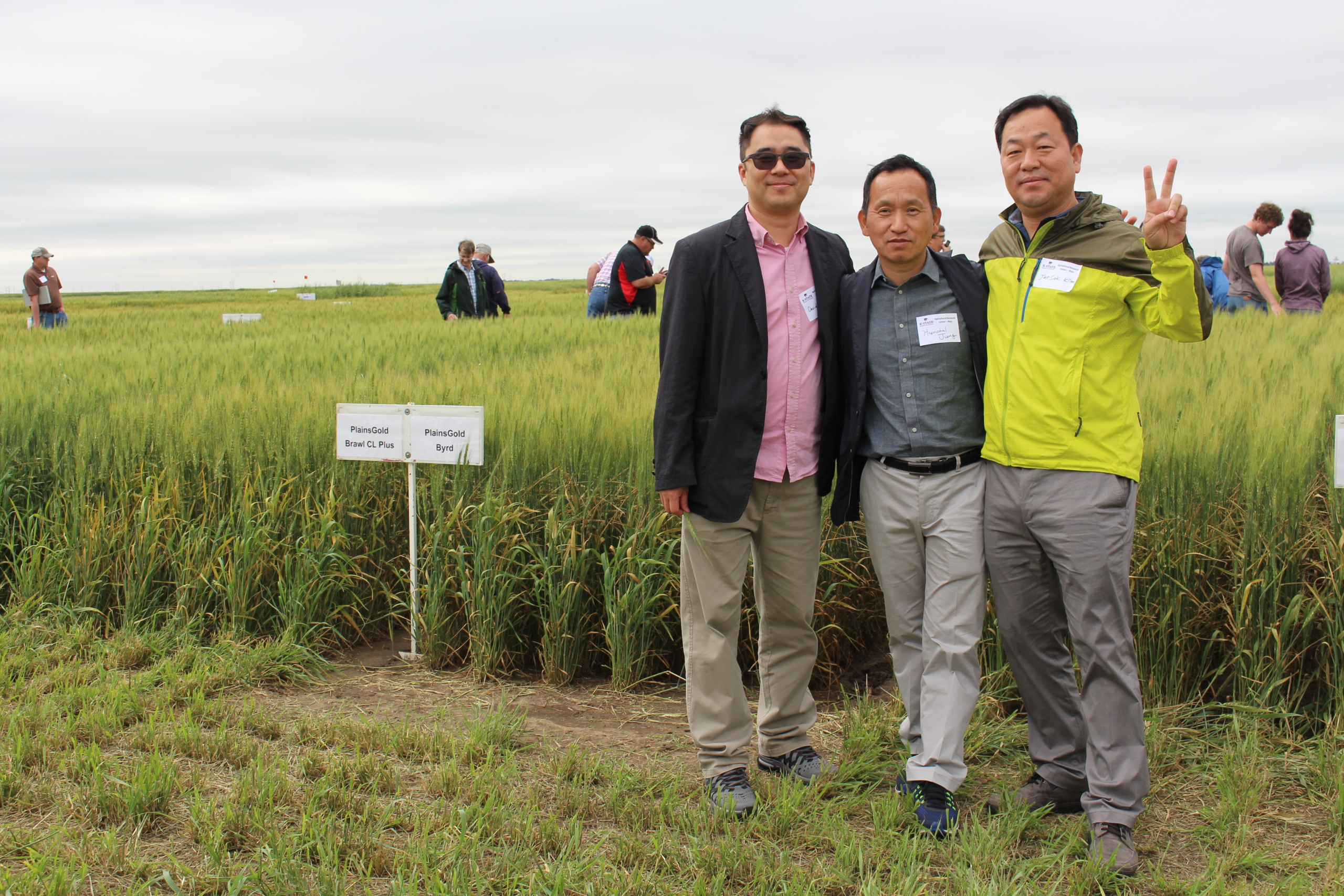U.S. Wheat Associates (USW) is applying Agricultural Trade Promotion (ATP) program funding to hold five “Cereal Chemistry Seminars” in 2019 and 2020 for the milling industries in Southeast Asia. USW believes that with a more complete understanding of the functional value of wheat proteins, carbohydrates and other properties, flour milling quality control managers will become more receptive to the high-quality characteristics of U.S. wheat compared to competing supplies.
In Malaysia, Indonesia, Vietnam, Thailand and Myanmar (Burma), the flour milling industry is expanding to meet the fast-growing demand for wheat food. However, many new managers lack the experience with U.S. wheat to evaluate its differential characteristics relative to its premium price, which puts a constraint on upside U.S. wheat export potential.
To provide the knowledge that will help fully understand the true value of U.S. wheat supplies, USW is developing a comprehensive seminar that will be conducted over the next two years. Seminars targeting about 50 technical staff from the milling and allied industries in each of the five markets will include such topics as Wheat Chemistry and Structure; Wheat Protein Analysis and Functionality; and Wheat Carbohydrate Chemistry and Functionality.
USW anticipates that after the seminars, participants will have enhanced skills to assist co-workers, suppliers and customers in developing new formulations requiring more specific flours and increased volumes of U.S. wheat classes. Participants will gain expertise in flour analysis and the importance of specifications required in large production bakeries. And quality control staff will have enough technical capabilities to defend the functional value of high-quality flour from U.S. wheat.
South Asian imports of U.S. hard red spring (HRS), soft white (SW) and hard red winter (HRW) wheat from family farms in the Pacific Northwest to the Northern Plains have grown from an average of about 3.0 million metric tons (MMT) per year 10 years ago to about 5.0 MMT in 2018/19. Future demand for wheat foods is expected to keep growing in the region. By funding opportunities like Cereal Chemistry Seminars, ATP is helping USW continue to give flour milling and baking managers the information they need to build a preference for U.S. wheat supplies.



